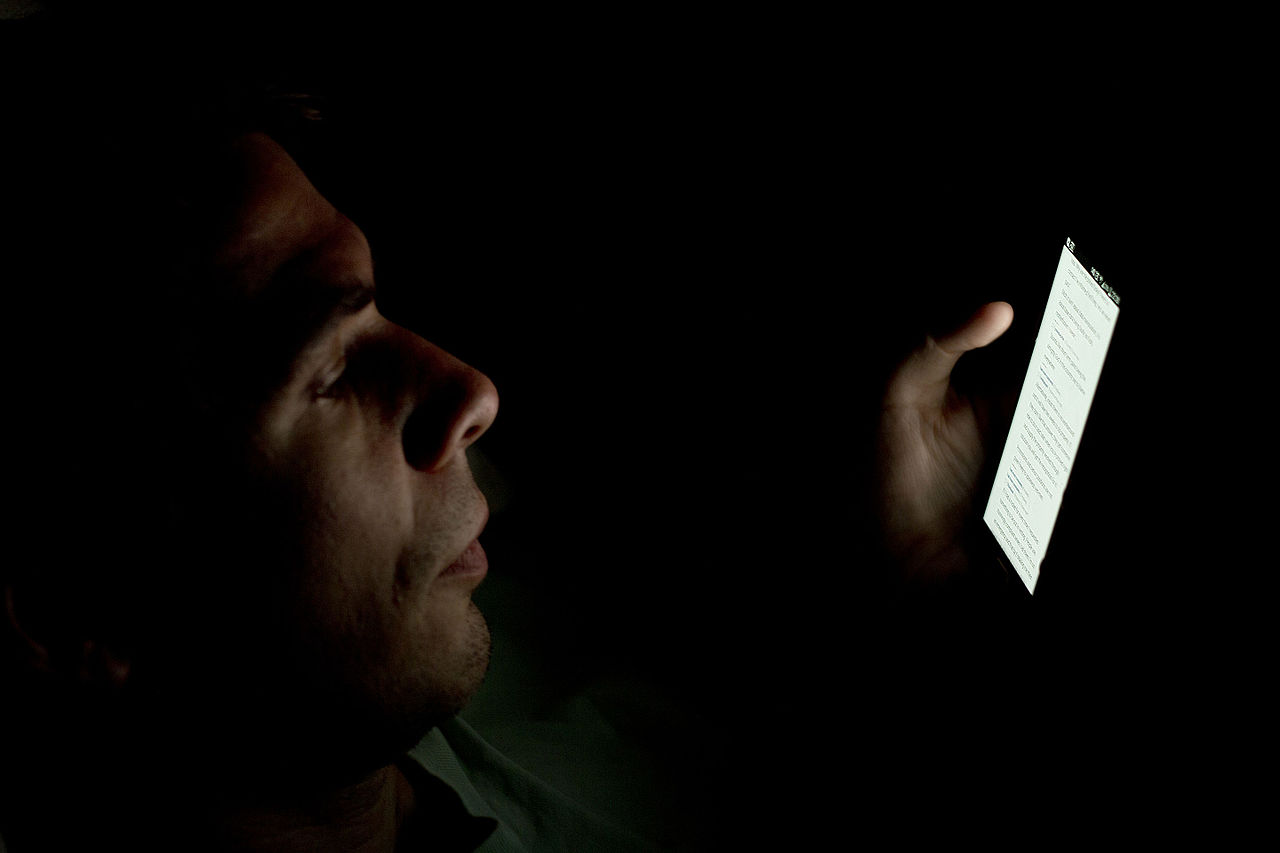A study by the American company Common Sense continues to explore the topic of people's dependence on smartphones, commenced three years ago. In a study in 2016, more than half of adolescents admitted depending on smartphones. Even more adults (59%) reported that they consider their children dependent on smartphones and tablets. Back then, the study focused on mobile devices distracting people from everyday life, lively communication with each other, and so on. Now it turns out that addiction has become even stronger.
According to a survey of 1,000 American children, teenagers and their parents, 68% of adolescents periodically use their devices in bed, and almost a third of them literally sleep with smartphones. The researchers note that the American Academy of Pediatrics has repeatedly warned about dangers to a normal rest of the nervous system and organs of sight when using smartphones and tablets at least an hour before bedtime. However, the survey results say that such warnings are applicable not only to children, but to adults as well - 61% of adults and 70% of kids said they check their mobile devices at least 30 minutes before sleep.
Moreover, 62% of the interviewed adults reported that they take a smartphone for the night in the bedroom and put it in close proximity to the bed; 39% of children do the same.
At the same time, children twice as often as adults (29% vs. 15%) sleep with smartphones. Teenage girls do it more often than boys, 33% and 26%, respectively.
More than a third (36%) of teenagers wake up at least once a night to check their mobile device. There are 26% of such people among the parents. Just over half of the waking up adults (51%) said that they were doing this because of a smartphone notification jingling nearby, and 48% said they did it because they could not sleep. Teenagers surveyed said they wake up because of the incoming notifications (54%) and/or because they want to check what was happening on the social network.
Head of Common Sense Jim Steyer noted that “parents may feel that it is already too late to try to regain control over the use of mobile devices by children who are so attached to them.” According to him, many studies talk about direct connection of poor sleep with a large number of health problems, reduced learning outcomes and cognitive skills.
source: commonsensemedia.org
According to a survey of 1,000 American children, teenagers and their parents, 68% of adolescents periodically use their devices in bed, and almost a third of them literally sleep with smartphones. The researchers note that the American Academy of Pediatrics has repeatedly warned about dangers to a normal rest of the nervous system and organs of sight when using smartphones and tablets at least an hour before bedtime. However, the survey results say that such warnings are applicable not only to children, but to adults as well - 61% of adults and 70% of kids said they check their mobile devices at least 30 minutes before sleep.
Moreover, 62% of the interviewed adults reported that they take a smartphone for the night in the bedroom and put it in close proximity to the bed; 39% of children do the same.
At the same time, children twice as often as adults (29% vs. 15%) sleep with smartphones. Teenage girls do it more often than boys, 33% and 26%, respectively.
More than a third (36%) of teenagers wake up at least once a night to check their mobile device. There are 26% of such people among the parents. Just over half of the waking up adults (51%) said that they were doing this because of a smartphone notification jingling nearby, and 48% said they did it because they could not sleep. Teenagers surveyed said they wake up because of the incoming notifications (54%) and/or because they want to check what was happening on the social network.
Head of Common Sense Jim Steyer noted that “parents may feel that it is already too late to try to regain control over the use of mobile devices by children who are so attached to them.” According to him, many studies talk about direct connection of poor sleep with a large number of health problems, reduced learning outcomes and cognitive skills.
source: commonsensemedia.org





